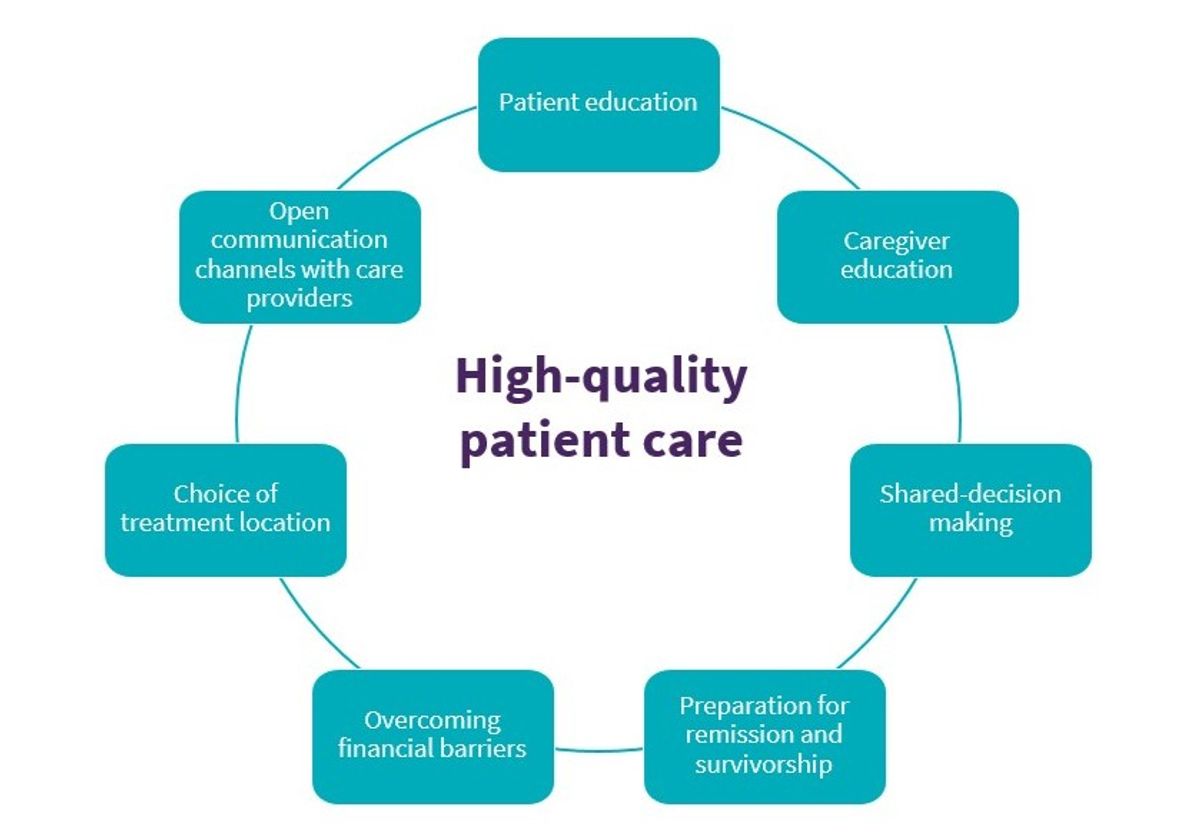The Know ALL website uses a third-party service provided by Google that dynamically translates web content. Translations are machine generated, so they may not be exact or complete; Know ALL cannot guarantee the accuracy of translated content. Know ALL and its employees will not be liable for any direct, indirect, or consequential damages (even if foreseeable) resulting from use of the Google Translate feature. For further support with Google Translate, visit Google Translate Help. The interviews webpage also uses YouTube, where subtitles and translations are generated automatically by AI; please be advised to exercise caution when precise interpretation is required. For further support with YouTube, visit YouTube Help.
Know ALL webinar | Patient voice: Lived experience with immunotherapies, and insights for better patient care
Jess Olson
October 24, 2025
Know ALL hosted a webinar for patients and healthcare professionals (HCPs) on September 22, 2025, titled ‘Immunotherapy for the treatment of ALL: What you need to know’, in which Jaymz Goodman, Charles Mullighan, Wendy Stock, and Jess Olson discussed immunotherapy for the treatment of acute lymphoblastic leukemia (ALL).
Jessica Olson, a patient, medical doctor, and Know ALL Ambassador, delivered a presentation titled ‘Patient voice: Lived experience with immunotherapies, and insights for better patient care’ in which she shared her personal experience with immunotherapy treatment, discussed side effects, and offered insights on how the patient experience can be improved for individuals living with ALL.
Quick summary
- It is important to listen to your body. If you notice unusual fatigue, bone pain, bruising, or other changes that do not improve, talk to a healthcare professional. Early testing and diagnosis can make a difference.
- Diagnostic tests, such as blood counts and bone marrow biopsies, help doctors identify the specific type of leukemia. Knowing whether leukemia cells have certain genetic changes, such as the Philadelphia chromosome, helps guide the most effective treatment plan.
- Immunotherapy, such as blinatumomab, uses the body’s own immune system to find and destroy leukemia cells. This treatment can help some people reach deep remission, especially if small amounts of disease remain after chemotherapy.
- All treatments can have side effects. Common ones may include tiredness, muscle or joint pain, headaches, or difficulty concentrating. Let your healthcare team know about any symptoms you experience; many can be managed with supportive care and adjustments.
- Side effects or fatigue can last even after treatment ends. Be patient with yourself, rest when needed, and ask your care team for strategies to manage ongoing symptoms.
- Cancer treatment affects not only the person receiving it but also their loved ones. Caregivers often take on many new responsibilities and may experience stress or exhaustion. Encourage your caregivers to look after their own health and seek support when needed.
- Communication and trust between patients and healthcare teams are key. Ask questions, share how you are feeling, and make sure you understand your treatment plan. Clear, honest discussions can ease anxiety and help you feel more in control.
- Advocate for yourself throughout treatment. It is okay to speak up, ask for second opinions, or request additional explanations so you can make informed choices about your care.
- Good-quality care is more than just the medicine, it includes emotional support, physical recovery, and connection with your care team, family, and community (Figure 1).
- Advances in immunotherapy and targeted treatments are improving outcomes for many people with ALL. Staying informed, communicating openly, and caring for both yourself and your caregivers are all important parts of the journey toward recovery and survivorship.
Figure 1. Optimization of patient care














































